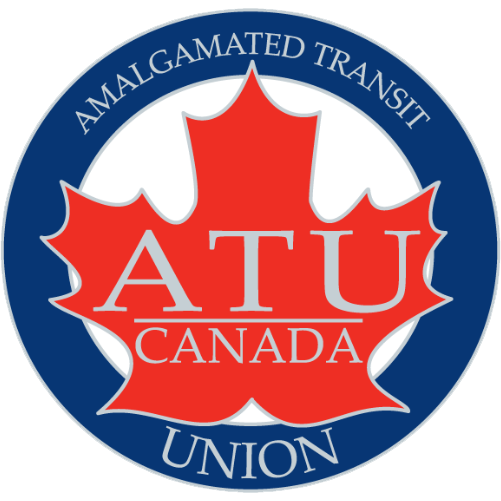December 1st, 2020
ATU Canada has made submissions to the Standing Committee on General Government advocating for the removal of Schedule 16 and 24 from Bill 213, the Better for People, Smarter for Business Act, 2020.
Buried in an omnibus bill dealing with dozens of pieces of legislation, the Ontario Government has sought to repeal the present regime for licensing businesses which operate inter-city public transportation services in Ontario. If passed, these changes would:
- abolish the Ontario Highway Transport Board (OHTB) and its associated regime for licensing inter-city public transportation providers, which currently regulate providers and their service routes to ensure they meet public need;
- repeal the Public Vehicles Act and its Regulation 982, which establish a number of minimum safety standards that public transportation providers must meet;
- introduce new regulatory powers under the Highway Traffic Act that relate to a broad range of issues, including regulating the qualifications or hours of work of drivers of inter-city public transportation vehicles. These regulatory powers are being expanded without any assurance that they will not be used to interfere with the Collective Agreement rights of transit workers.
ATU Canada’s submissions argue that abolishing the present licencing system will fuel a race to the bottom in terms of working conditions and service standards. If passed, this legislation will encourage competition on busy service routes, including competition with municipal transportation providers, while simultaneously eliminating the only government body which presently ensures that enough licensees are servicing rural areas. Licensing considerations will also no longer exist as a disincentive for providers to engage in contract flipping or contracting out, making it easier for affected providers to defeat bargaining rights.
In the alternative to repealing Schedule 16 and 24 outright, ATU Canada has advocated for:
- clarity that the new powers to make regulations do not apply to Merolinx or municipalities that provide public transportation services;
- A commitment that the new regulatory powers will not be used to interfere with Collective Agreement rights or free collective bargaining;
- A commitment that all safety provisions in the PVA and Regulation 982 are incorporated and otherwise made enforceable under the HTA, to avoid a deterioration of safety standards in the industry.
